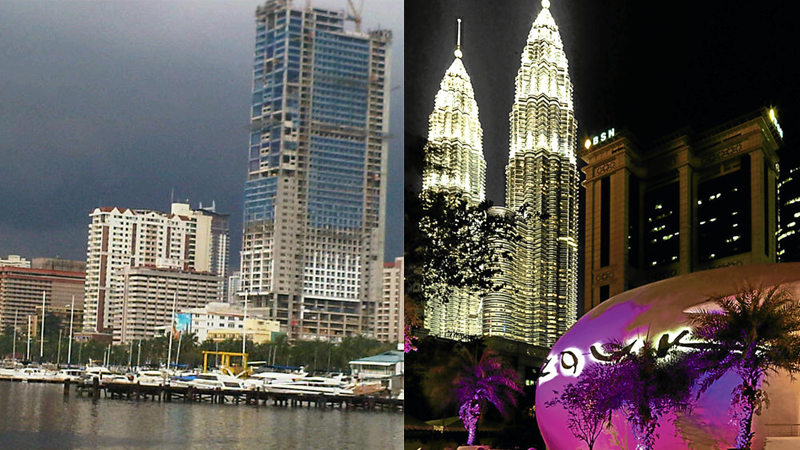
The Philippines and Malaysia are expected to lead Southeast Asia’s economic growth for the rest of the year while the rest of the region is expected to catch up by 2015, lifted by advanced markets’ improving situation. INQUIRER FILE PHOTOS
The Philippines and Malaysia are expected to lead Southeast Asia’s economic growth for the rest of the year while the rest of the region is expected to catch up by 2015, lifted by advanced markets’ improving situation.
Moody’s Analytics, the research affiliate of Moody’s Investor Service, said the region would still struggle with various issues, particularly political uncertainty in Indonesia and Thailand, two of the region’s biggest economies.
However, tighter integration in 2015, coupled with improving demand from the region’s major trading partners would make Southeast Asia more prosperous, overshadowing risks that could lead to a decline.
“The US economy is on a sustained uptrend and the Chinese economy is responding positively to the government’s stimulus,” Moody’s analyst Fred Gibson said in a note to clients yesterday.
For 2014, the region was expected to grow by 4.3 percent, slower than the average over the last several years. By 2015, Southeast Asia’s economic momentum was expected to return to “trend” at 5 percent, driven by robust global demand and firming domestic growth, Moody’s said.
Leading the pack are the Philippines and Malaysia, which both grew by 6.4 percent in the second quarter of the year, outpacing the rest of the region, “a trend we expect to continue over the next 12 months,” Moody’s said.
“Sound fiscal and monetary policies have been key drivers of growth. Malaysia’s domestic economy is firing on all cylinders, while the Philippines has shrugged off the effects of last year’s typhoon,” the note read.
The picture for the Philippines, however, was not that bright as those of the others in the region. Unlike the rest of Southeast Asia’s major economies, the Philippines’ manufacturing sector remains hobbled by expensive electricity and poor infrastructure.
Next year’s regional integration, which would see nearly all trade barriers demolished, would be expected to facilitate greater supply-chain integration. “Yet the gains will not be evenly shared,” Moody’s said.
“The pipeline of infrastructure and residential projects in the Philippines lifted investment growth above 10 percent for the past two years. However, this is now slowing, implying a more modest increase in fixed investment in the coming years.”
Issues for other members of the 10-nation bloc include political unrest in Indonesia and Thailand. Although the election of Joko Widodo as Indonesia’s new president could bring some stability to Southeast Asia’s largest economy, tight monetary policy could keep a lid on investments, Moody’s said.
In Thailand, although the military junta was successful in quashing political bickering, issues could still flare up “at any moment,” Moody’s said.

